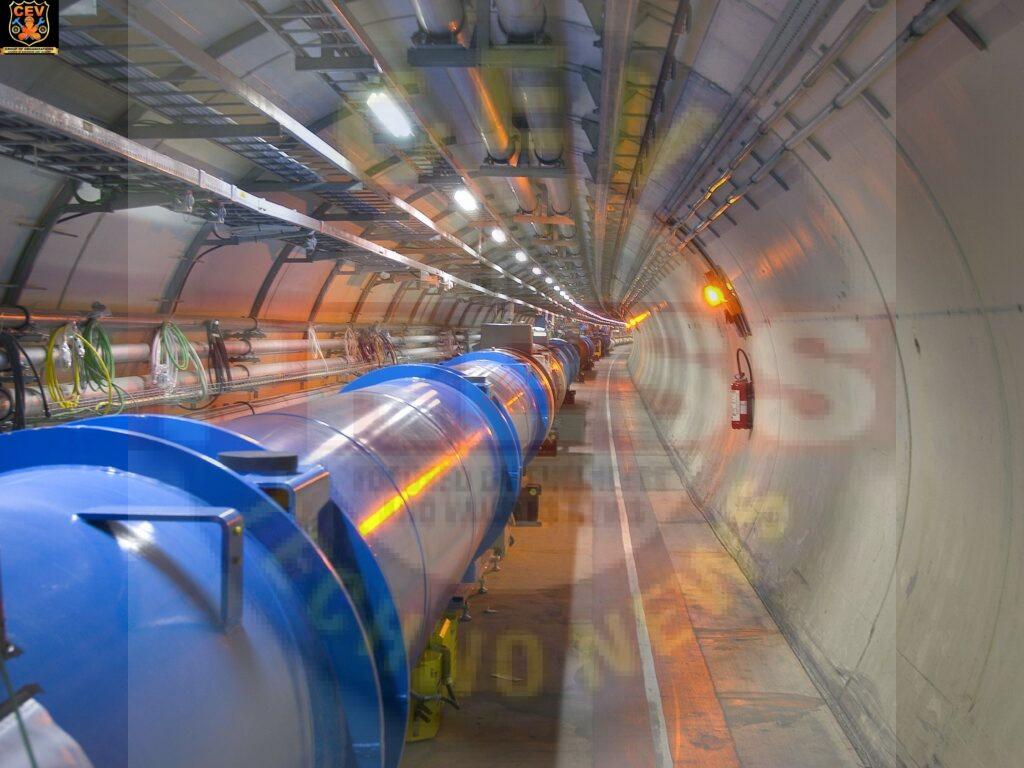ASCERTAINING DISCREPANCY IN PLANT AND MACHINERY
Ascertaining Discrepancy in Plant and Machinery: An Essential Endeavor
In the realm of industrial and manufacturing sectors in India, the accurate assessment of plant and machinery holds paramount importance. These assets constitute a significant portion of a company’s balance sheet and play a vital role in determining its financial health and operational efficiency. However, ascertaining the true value of plant and machinery often presents challenges, primarily due to the potential for discrepancies between reported and actual values.
Importance of Accurate Assessment
Accurate assessment of plant and machinery is essential for various reasons. Firstly, it impacts financial reporting and taxation, as these assets are subject to depreciation and can significantly affect the company’s profitability and tax liabilities. Secondly, it influences decision-making processes related to asset management, investment, and strategic planning. Additionally, lenders and investors rely on the valuation of plant and machinery to assess the creditworthiness and financial viability of businesses.
Challenges in Ascertaining Discrepancies
Several challenges contribute to the discrepancies observed in the valuation of plant and machinery in India. One significant challenge is the lack of standardized valuation methods and guidelines. The absence of clear valuation standards often leads to subjective interpretations and variations in assessment approaches, resulting in inconsistent and unreliable valuations.
Another challenge stems from inadequate documentation and record-keeping practices among businesses. Insufficient documentation makes it difficult to verify the authenticity and condition of assets, increasing the likelihood of misrepresentation or undervaluation.
Moreover, rapid technological advancements and changes in market conditions can render traditional valuation methods obsolete or inaccurate. Valuers may struggle to keep pace with evolving technologies and market dynamics, leading to discrepancies in asset valuation.
Key Strategies for Addressing Discrepancies
To mitigate the challenges associated with ascertaining discrepancies in plant and machinery valuation, several strategies can be adopted:
- Standardization of Valuation Methods: Implementing standardized valuation methods and guidelines can promote consistency and transparency in the valuation process. Adopting internationally recognized standards such as the International Valuation Standards (IVS) can enhance the credibility and reliability of valuations.
- Enhanced Documentation and Record-Keeping: Encouraging businesses to maintain comprehensive documentation and records pertaining to plant and machinery can facilitate accurate valuation. Digital documentation systems and asset tracking technologies can streamline record-keeping processes and improve transparency.
- Regular Asset Inspections and Audits: Conducting periodic inspections and audits of plant and machinery can help identify discrepancies and ensure compliance with valuation standards. Independent third-party audits can provide unbiased assessments and validate the accuracy of reported values.
- Investment in Valuation Expertise: Investing in the training and development of valuation professionals can enhance their competency and proficiency in assessing plant and machinery. Continuous education and certification programs can keep valuers abreast of industry best practices and emerging trends.

- Utilization of Advanced Valuation Tools: Leveraging advanced valuation tools and technologies, such as computer-aided valuation models and data analytics, can improve the accuracy and efficiency of asset valuation. These tools enable valuers to analyze large datasets and derive insights for more informed decision-making.
Ascertaining discrepancies in plant and machinery valuation is a critical endeavor for businesses operating in India’s industrial landscape. By addressing the challenges through standardized valuation methods, enhanced documentation practices, regular audits, investment in expertise, and the utilization of advanced tools, businesses can ensure more accurate and reliable valuation of their assets. A concerted effort towards improving valuation practices will not only enhance financial transparency and credibility but also foster trust among stakeholders, ultimately contributing to the sustainable growth and success of businesses in India.


